It’s a sunny Santa Monica afternoon, and Ruth Seymour, station manager and program director of KCRW, is sitting in the Rose Cafe, neatly turned out in a dark pant suit. She’s sixtyish and slim, with angular, clean features, a square, prominent jaw and a short, stylish haircut. A transplanted New Yorker, Seymour is the opinionated visionary credited with KCRW’s rise from a nowhere college station during the 1970s to National Public Radio’s flagship in Southern California.
She and, by extension, the station have become a defining voice in Los Angeles’ cultural landscape, particularly among members of that coveted demographic — affluent and educated Westside liberals. KCRW’s signature programs — “Which Way, L.A.?” “Morning Becomes Eclectic,” “The Politics of Culture,” “Bookworm” and “Le Show” to name a few — are all topical and hip, without being strident. As for Seymour, her marbly Bronx vowels and imperious intelligence are equally familiar to regular listeners, who respond to her calls for contributions during on-air pledge drives, buy pricey, boxed sets of KCRW audiotapes, and light up the station’s switchboard during her annual Chanukah program, “Fiddlers, Philosophers and Fools.”
We’ve just met, and after a subtextually loaded anecdote about another reporter who didn’t do her homework, Seymour introduces herself by way of her childhood. Her portrait of the East Bronx of the 1940s is colored by the cadences of Yiddish, the nighttime growls that emanated from the Bronx Zoo across the street from her family’s apartment and, most vividly, by the energy and intellectualism of her parents.
As Seymour talks, it becomes easy to trace the themes that define her current career back to those earliest influences. Her curiosity, her scrappiness, her unabashed secularism, her love of Yiddishkayt and penchant for charged intellectual debate all have their origins in her parents’ household. She recalls those years with relish and a kind of precise seriousness.
“The way I grew up and who my parents were is very pertinent to who I am now and what I do…. They were the primary influence on my intellectual life,” she says.
In large measure because of who she is and what she does, on March 14, at a luncheon at the Century Plaza Hotel, Seymour will receive the “Yiddishkayt Award” from the Workmen’s Circle for her “service to Yiddish language and culture.” Seymour beams at the mention of the honor, clearly touched and pleased by it. It’s an acknowledgment of her ability to reach backward into tradition in order to offer up something that seems fresh, important and somehow forward-looking.
Seymour’s parents, for whom both Eastern Europe and America were primary sources of experience, represent a specific yet classic New York tale: passionate leftists who were able to jump headlong into the English-language bustle of American political and cultural life without turning their backs on their own cultural heritage.
Seymour was born Ruth Epstein, the elder of two daughters raised by Russian-Polish immigrants. Both parents had left behind the religious traditions of their childhood homes for revolutionary politics, and they remained committed socialists after immigrating to New York.
“They had really believed in a utopian vision, a new socialist man,” Seymour says. “Of course, Russia didn’t end up being the Great Experiment. America was. But when my mother spoke about such idealist passion, I was envious…and I realized as I grew older, what a noble thing it was to believe in. In today’s materialistic world, all of that must seem like an absurdity to this younger generation.”
While writers such as Philip Roth were peopling their fiction with Jews who anxiously aspired to the assimilationist comfort of 1950s middle-class suburbia, at the Epsteins’ apartment, the life of the mind took precedence over material signs of upward mobility.
“It was a real working-class culture,” Seymour says. “I slept on the living-room couch. We didn’t have a telephone until I was 15.” Members of the Workmen’s Circle who first met as night students at The New School for Social Research, her parents both worked with their hands — her mother as a garment worker and her father in the fur trade. At home, they pored over The New York Times and engaged in “intense political conversations in which I was encouraged to express my opinion.” says Seymour. “I was a bright child, so they were delighted to take me on…. My parents were both very much of this world, of this century. It was a tremendously privileged background for me, a world rich in ideas.”
Along with public school, Seymour was sent to Sholom Aleichem, a rigorous afternoon “folk school” where she studied Yiddish language and literature. In college, she studied one-on-one with the renowned linguist Max Weinreich. It was a time when many American Jews were distancing themselves from the immigrant sounds of the mama loshen. In the post-Holocaust era of Israel’s birth, Yiddish was fast becoming a relic — the language of victims, of the dead.
“Yet I always loved Yiddish,” Seymour says. “It’s eclectic. It borrows from everybody. I celebrate its lack of purity.” Still, she wondered aloud to Weinreich if it wasn’t destined to simply fade into irrelevance. “He looked at me and said: ‘Yiddish is magic. It will outwit history.’ I’ve never forgotten that. He gave me a gift, and I feel obligated to pass it on.”
So she does. Her Chanukah program, for example, now in its 20th year, began as many of KCRW’s special projects do — fueled by a Seymour-esque blend of cultural sophistication, marketing savvy and keen programming instincts. During that first Chanukah program, as the station spun holiday songs in Yiddish, the caller lines went dead and stayed there. “Honestly, we were wondering if anyone was listening,” Seymour says. When the program finally ended, there was a minute of absolute silence, then the switchboard exploded. “Fiddlers, Philosophers and Fools” has since become a holiday institution. It’s now consistently one of KCRW’s top-rated programs.
As the reigning decision-maker at the station, Seymour has assembled an impressive roster of talent, each presiding over a cultural fiefdom (jazz, painting, contemporary literature) with intelligence and a measure of authority, but Seymour’s own signature is still all over the station. Her sensibilities — bookish, opinionated, argumentative and cosmopolitan — have their origins in Jewish New York and manifest themselves now in programs such as “The Politics of Culture” and the painstaking collections of “Jewish Stories” she co-produced in 1995 and 1998.
Along with Jewish-themed shows, other inventive programming moves have solidified KCRW’s position as a cultural force in Los Angeles. It produces and broadcasts more radio drama programs than any station in the country, among them collaborations with the Met Theatre, L.A. TheatreWorks, the Mark Taper Forum and BBC Radio Drama.
The station also airs more National Public Radio news than any station in Southern California, a critical move that helped put KCRW on the map after years of oblivion. At NPR, Seymour and Los Angeles are now considered heavyweights.
Today, the station relies on a paid subscriber list of 45,000 and a general listenership of more than 400,000, dotted throughout Los Angeles and Orange Counties. Seymour continues to oversee a quirky, unconventional mix of programming blocks, shuffling the schedule and giving the boot to programs when they don’t attract enough listeners. “Morning Becomes Eclectic” (now hosted by the jaunty Nic Harcourt since Chris Douridas’ departure last year for a job at DreamWorks Records) regularly fulfills the promise behind its title. It’s wide-ranging, ahead-of-the-curve and listened to closely by music industry executives, particularly since Douridas’ “discovery” of Beck, the Grammy-winning phenom of alternative pop who makes his home in Silver Lake.







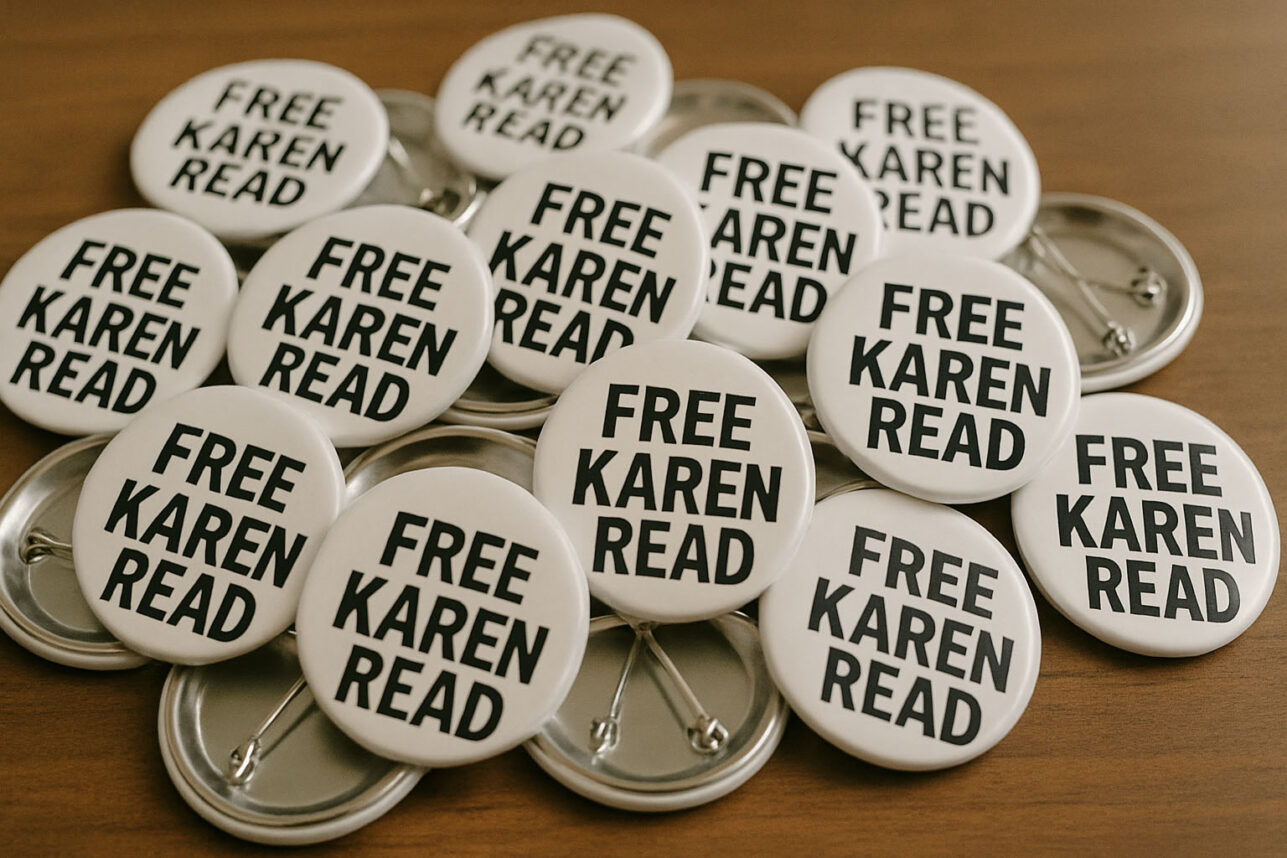
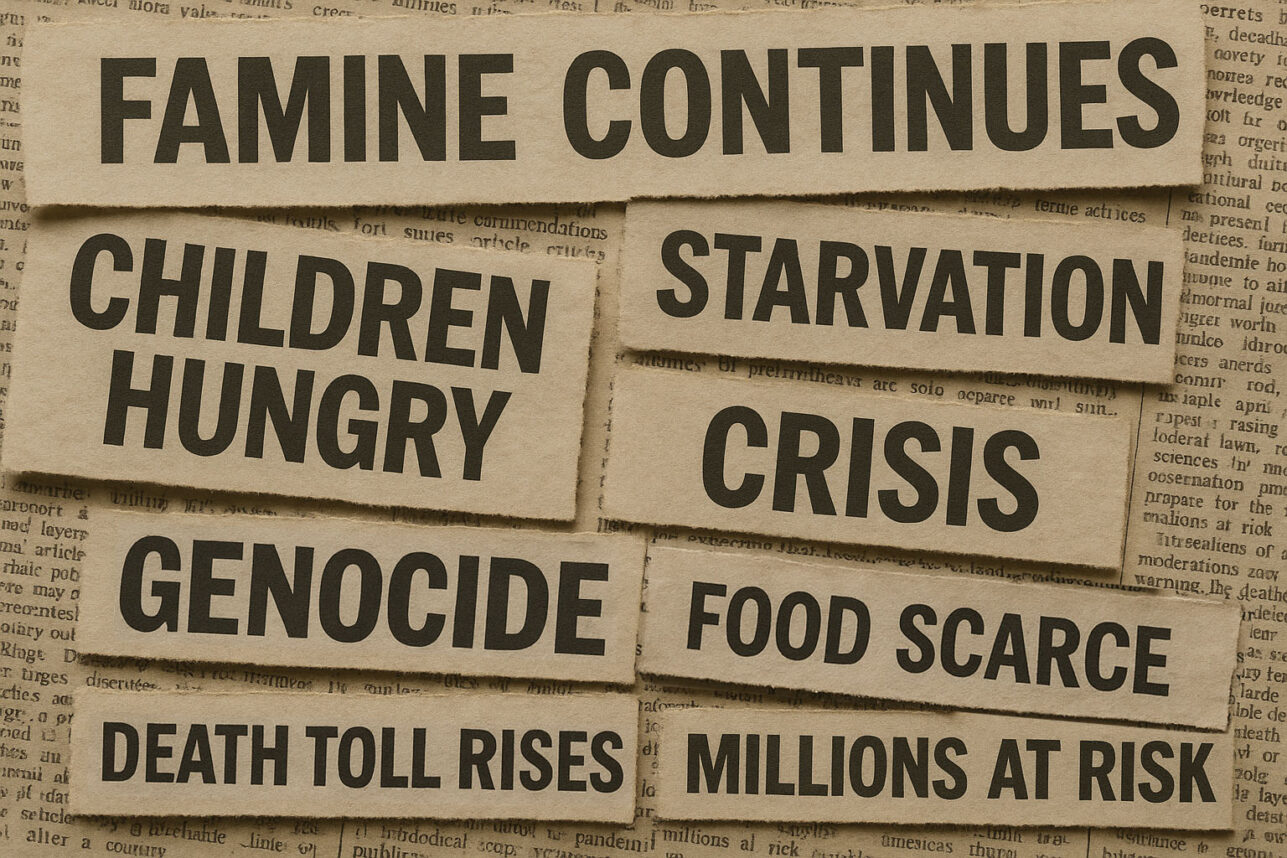
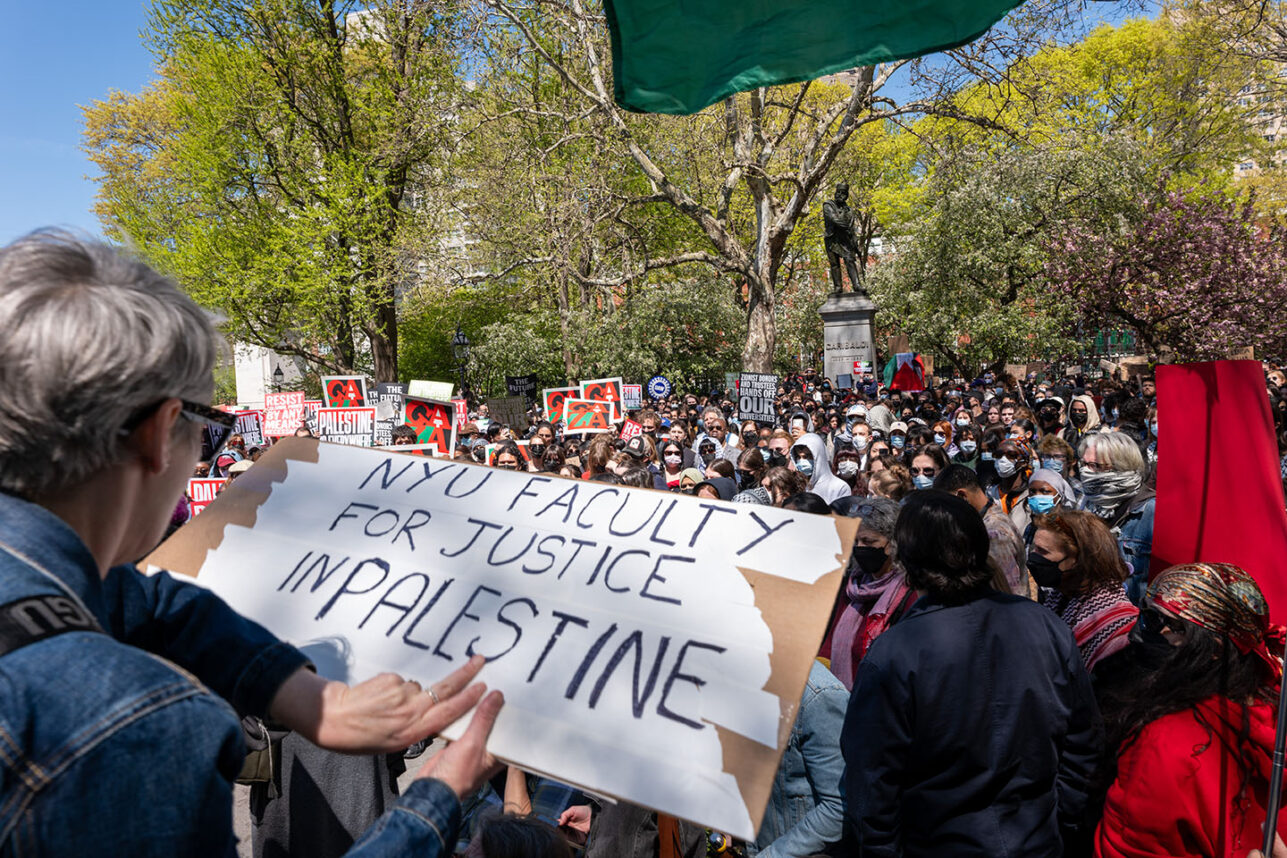
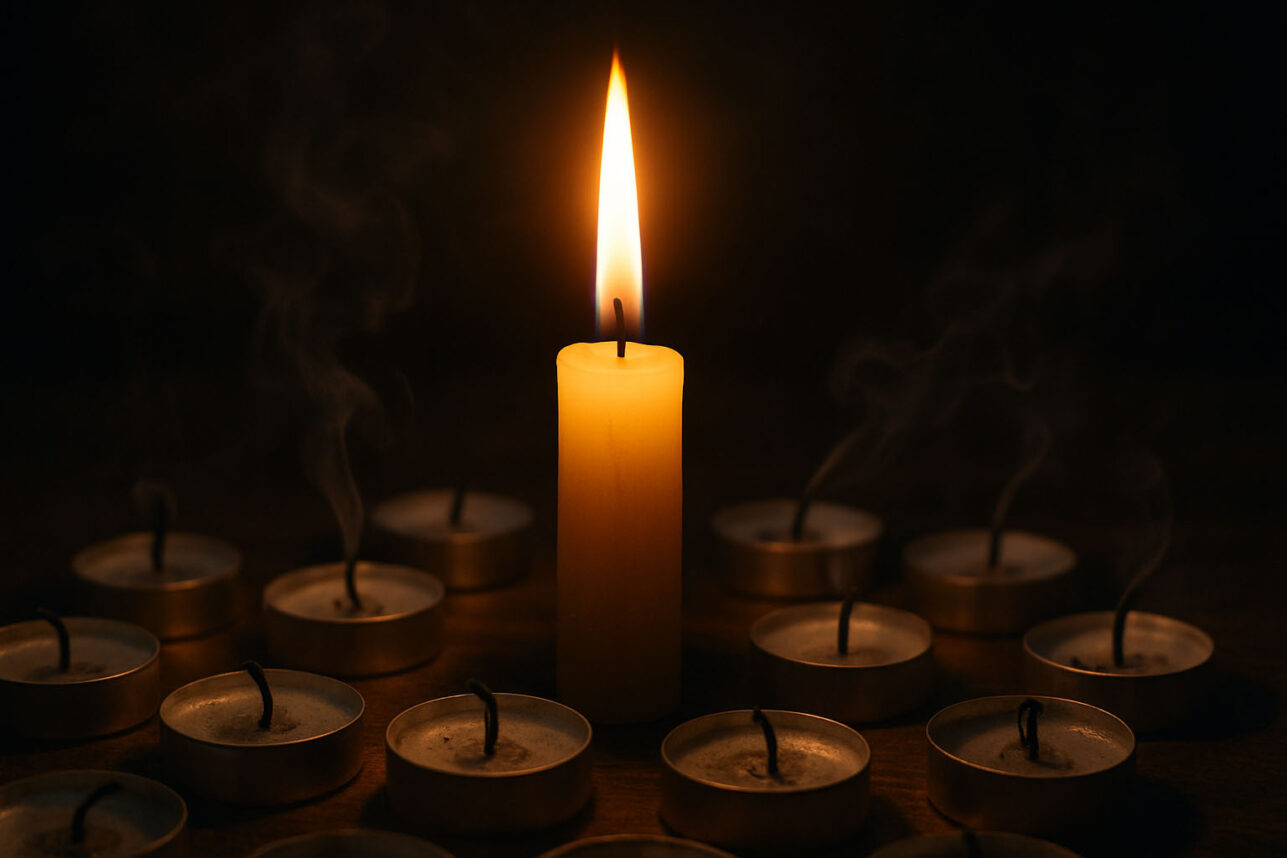

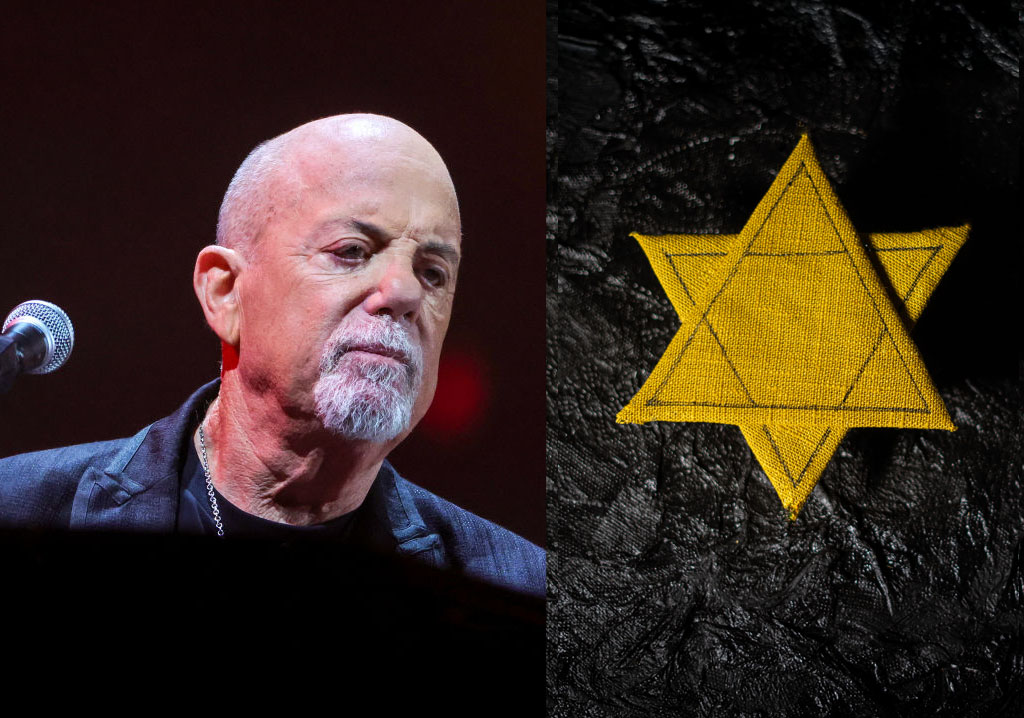
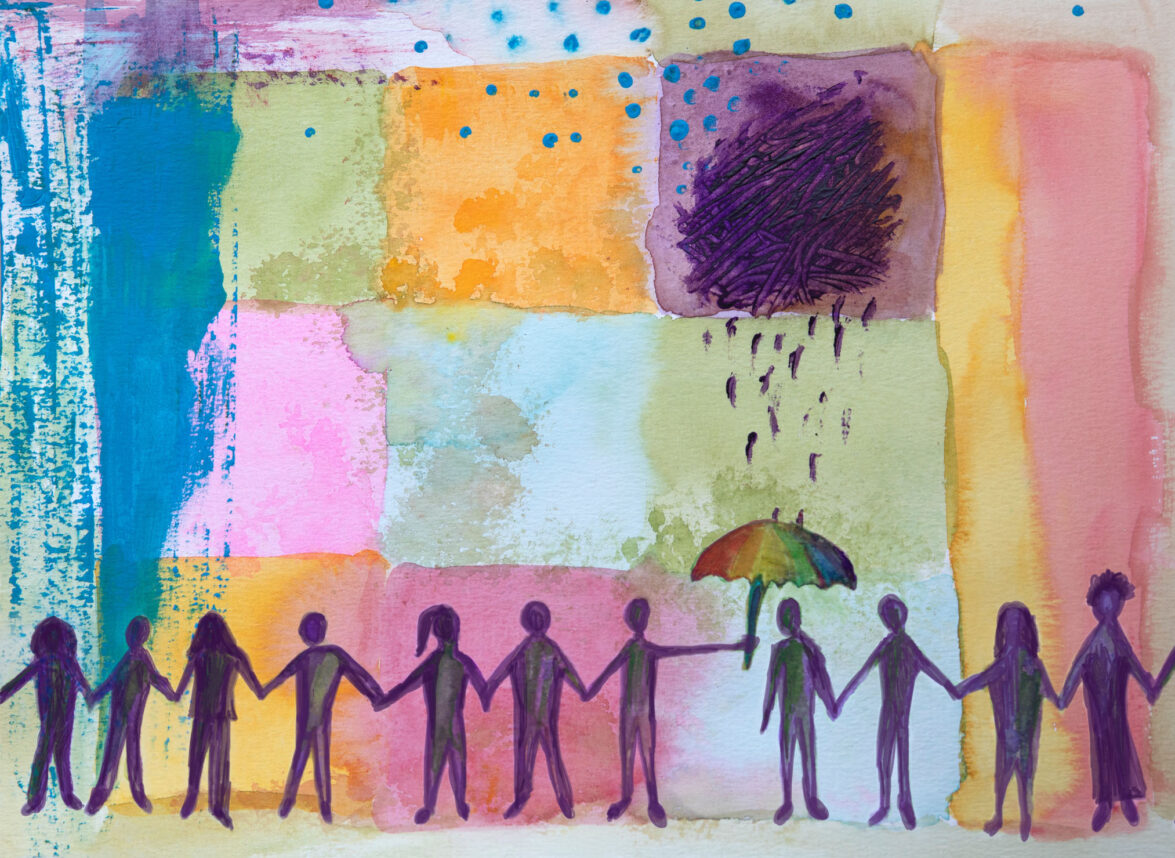
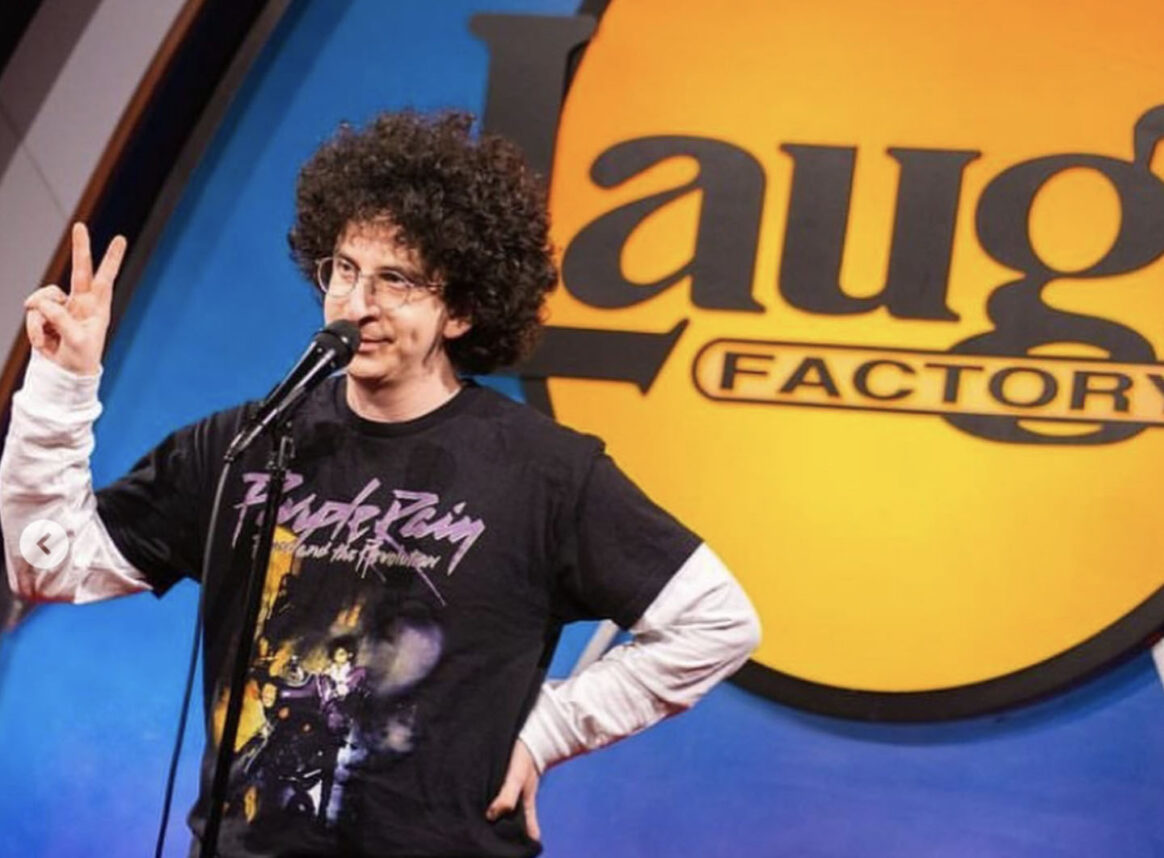


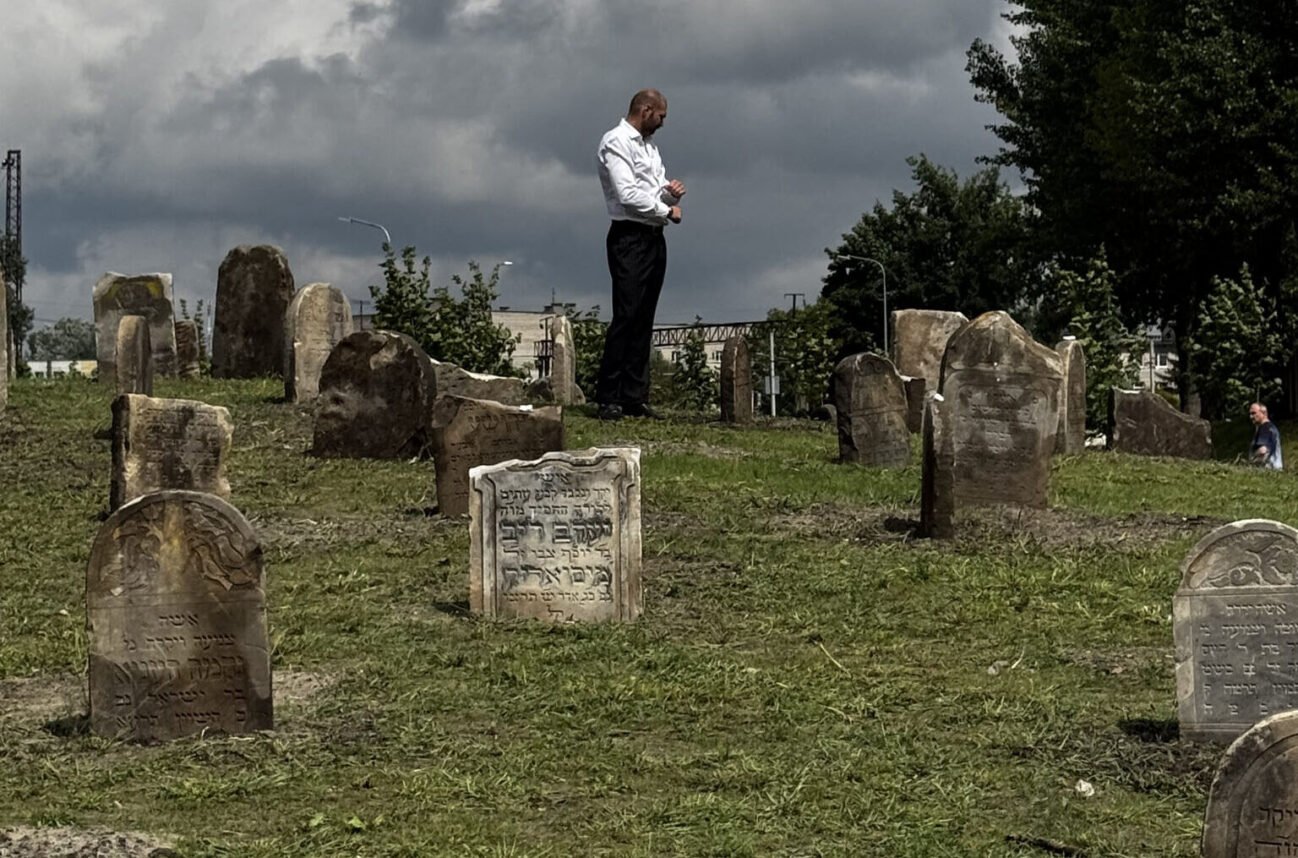



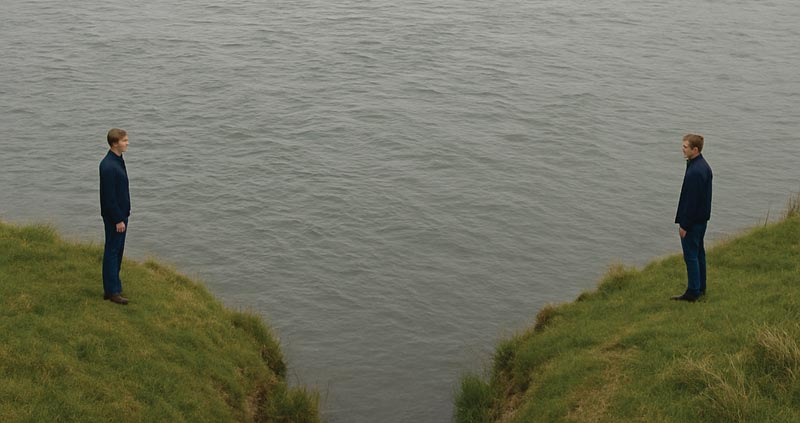



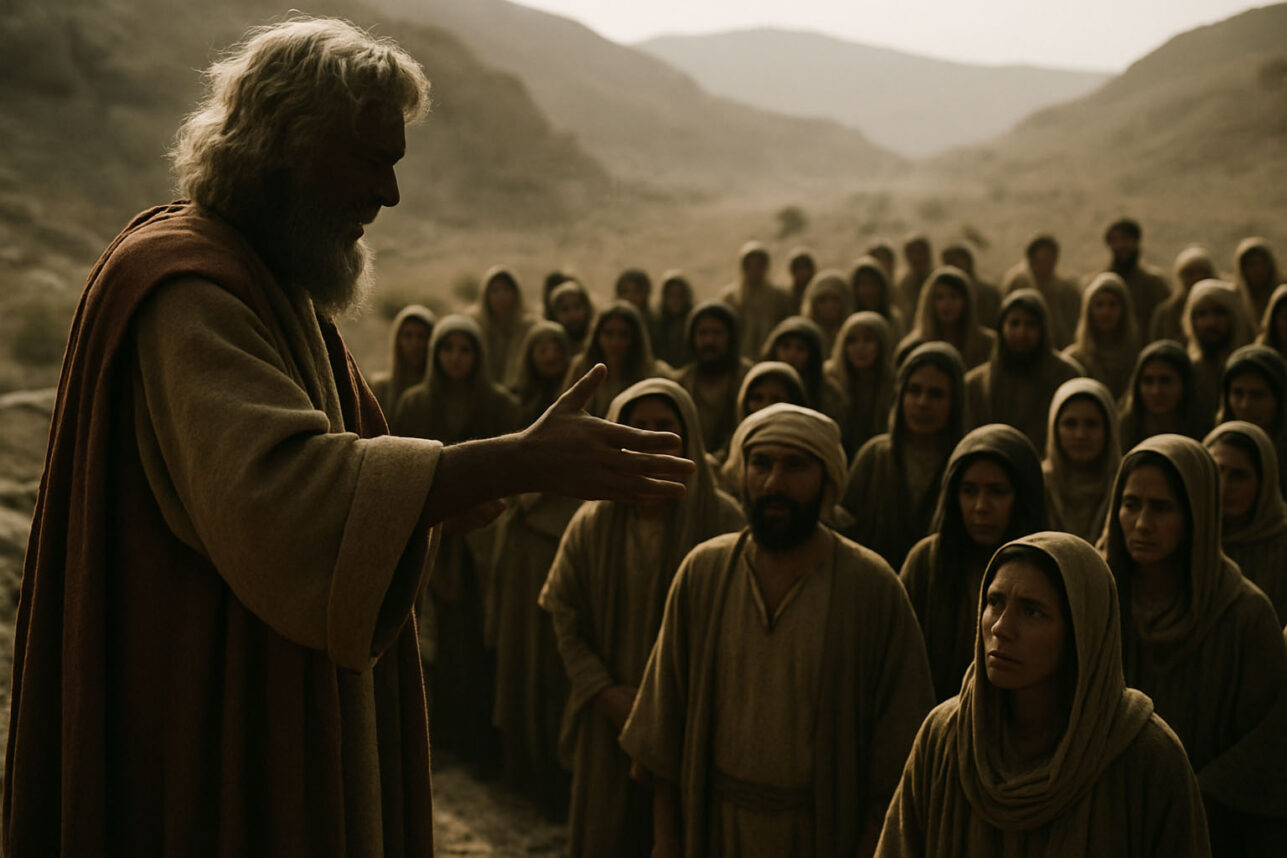







 More news and opinions than at a Shabbat dinner, right in your inbox.
More news and opinions than at a Shabbat dinner, right in your inbox.